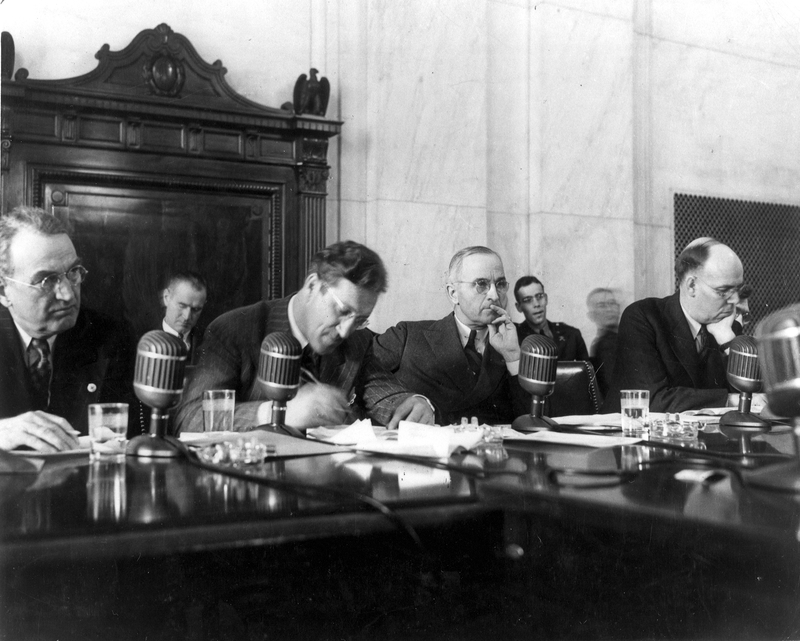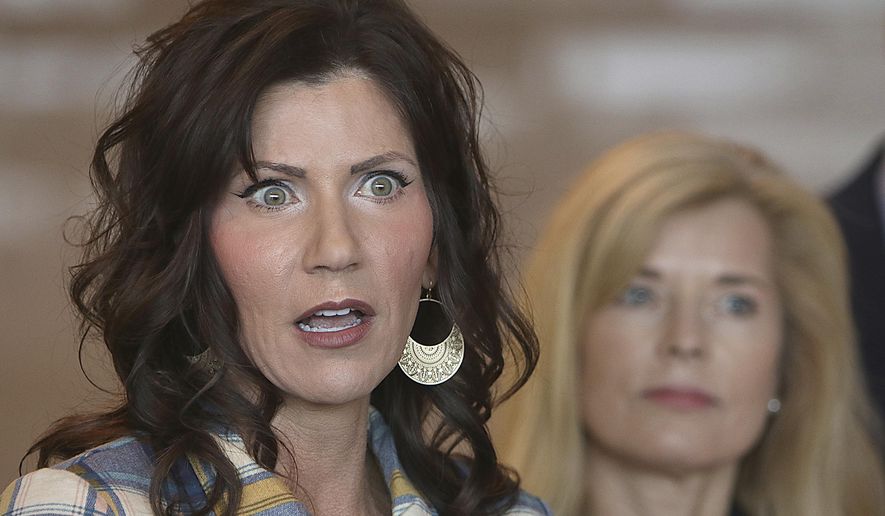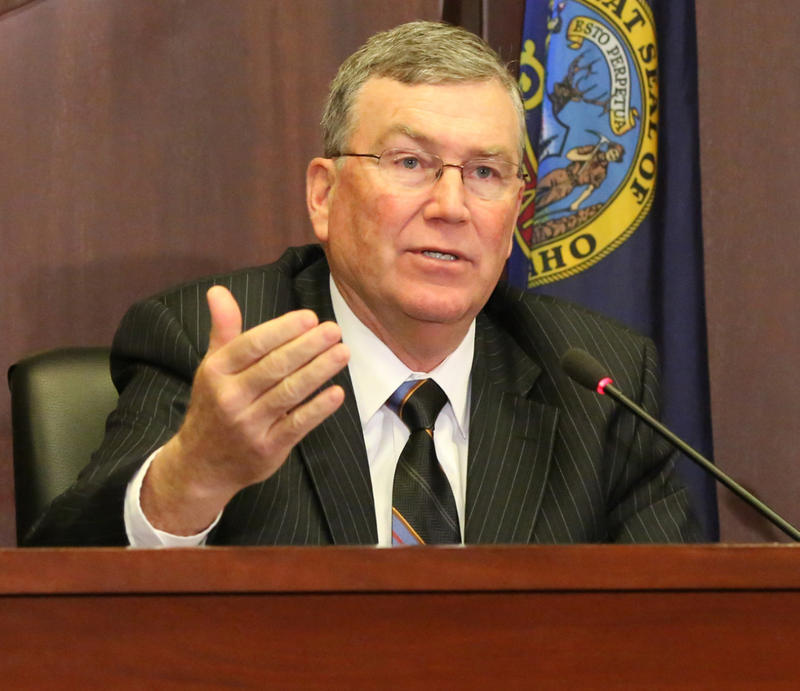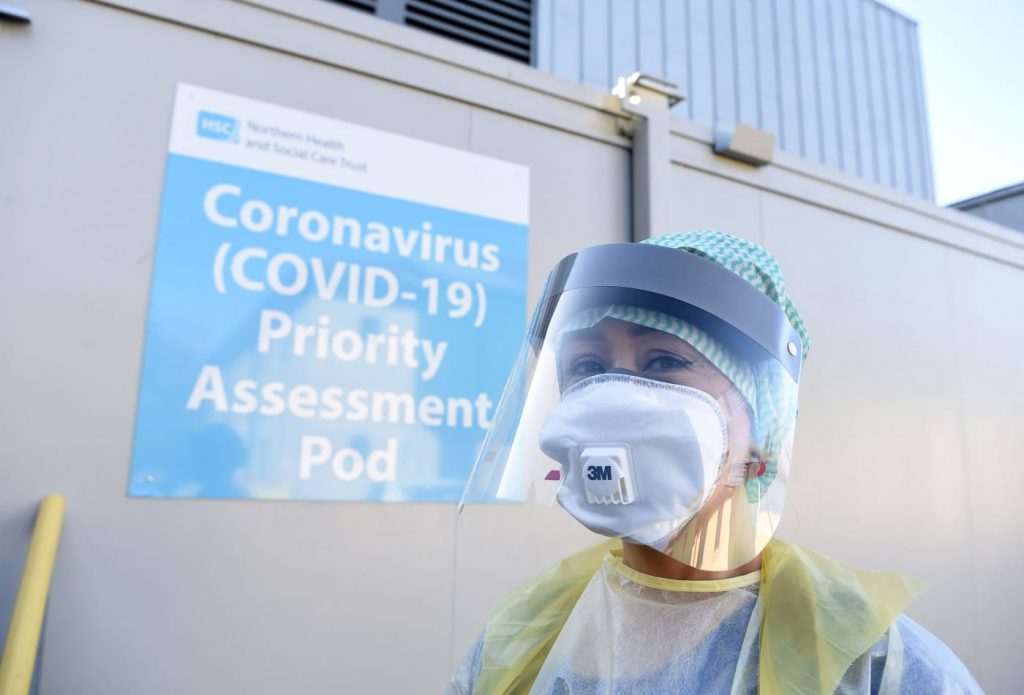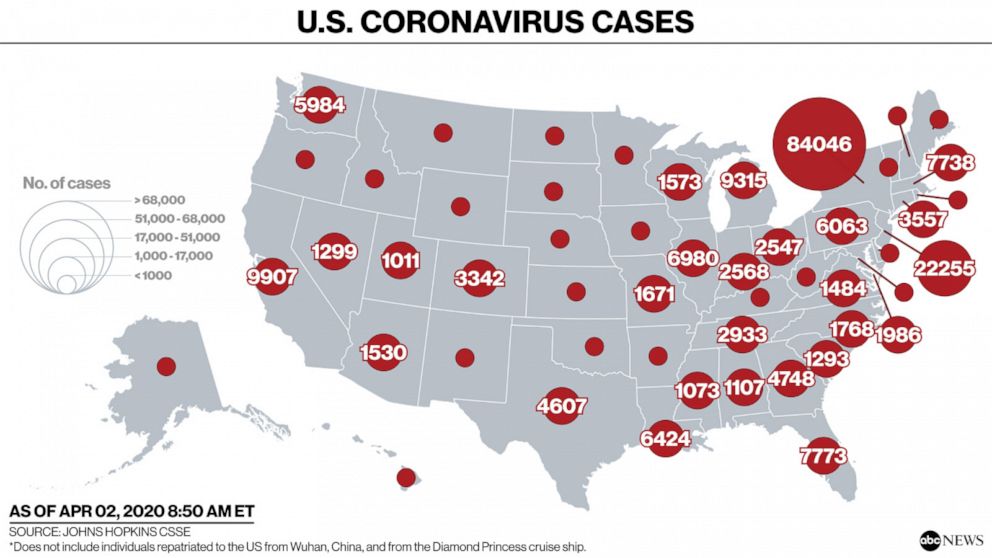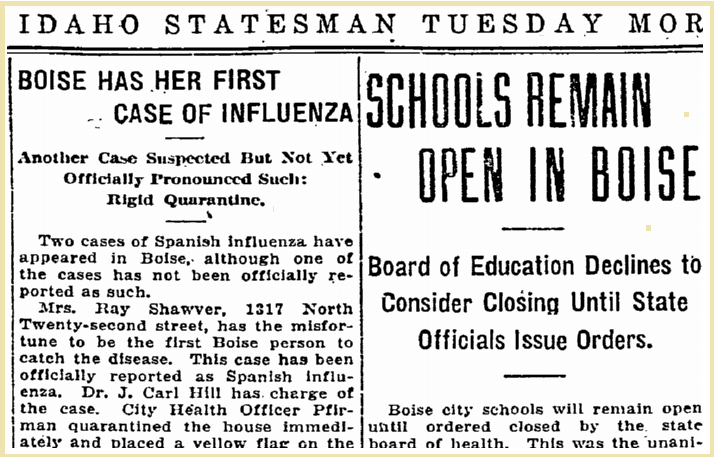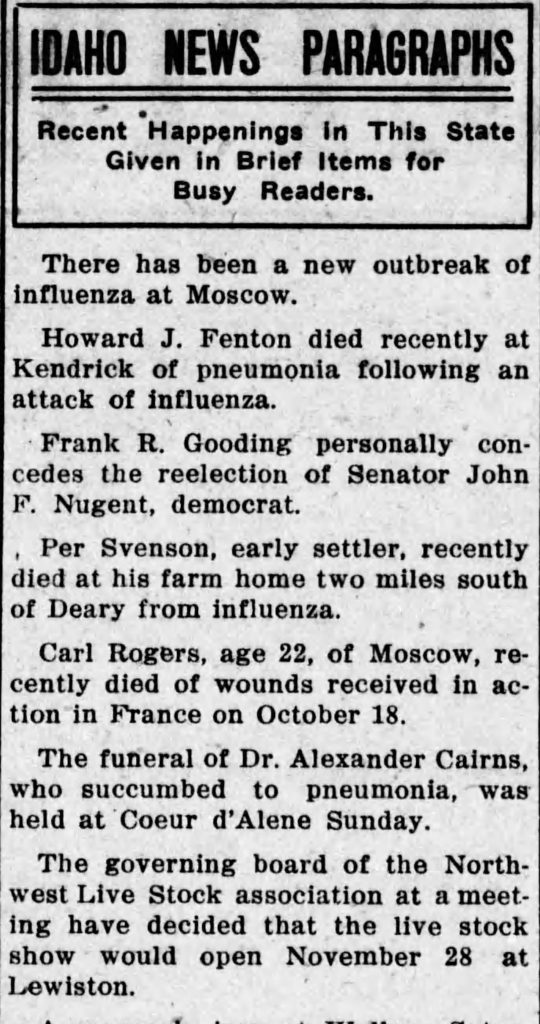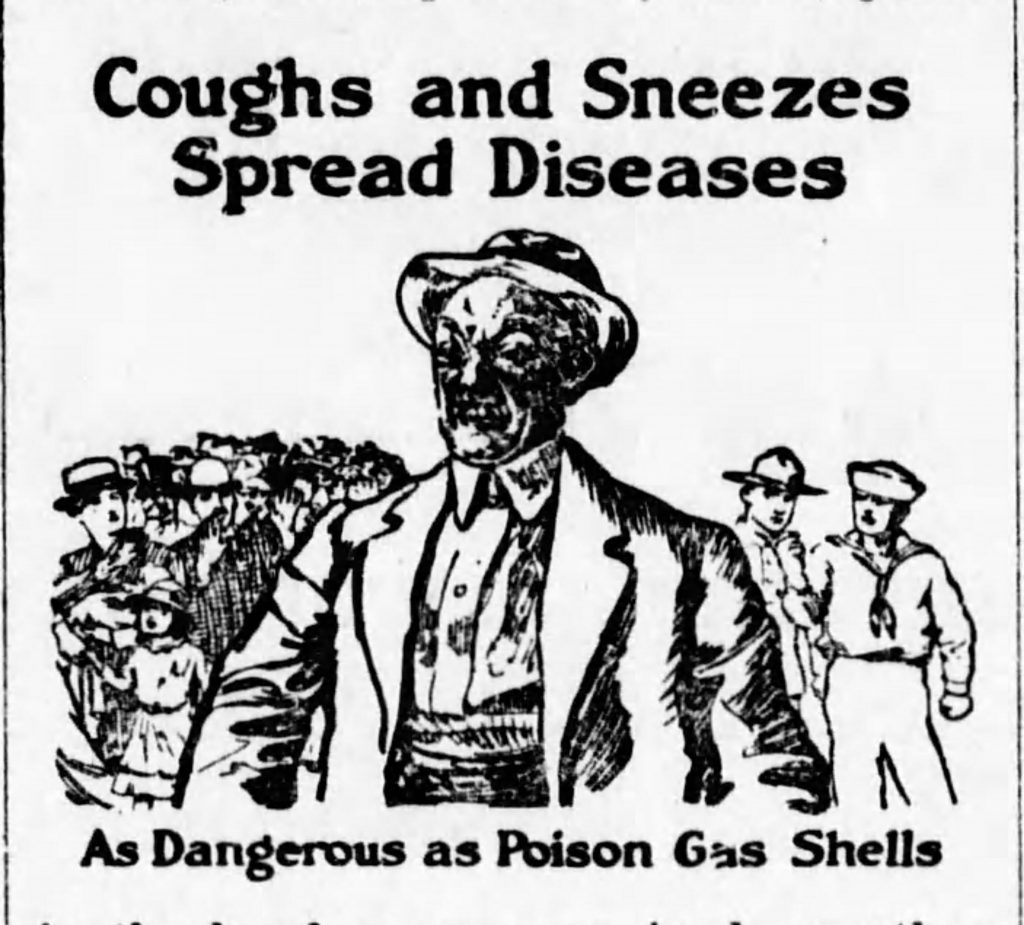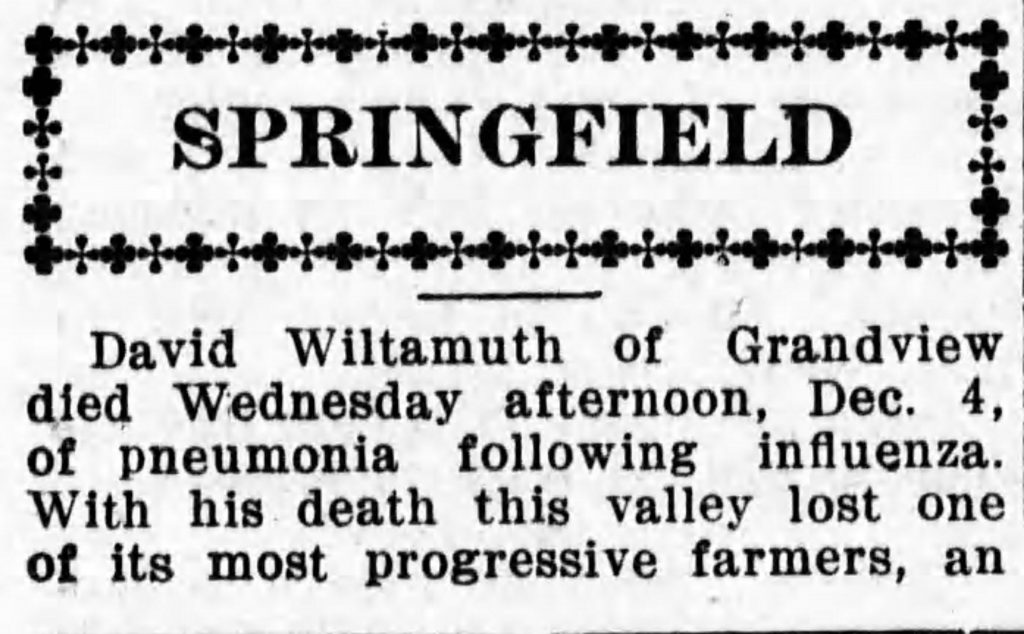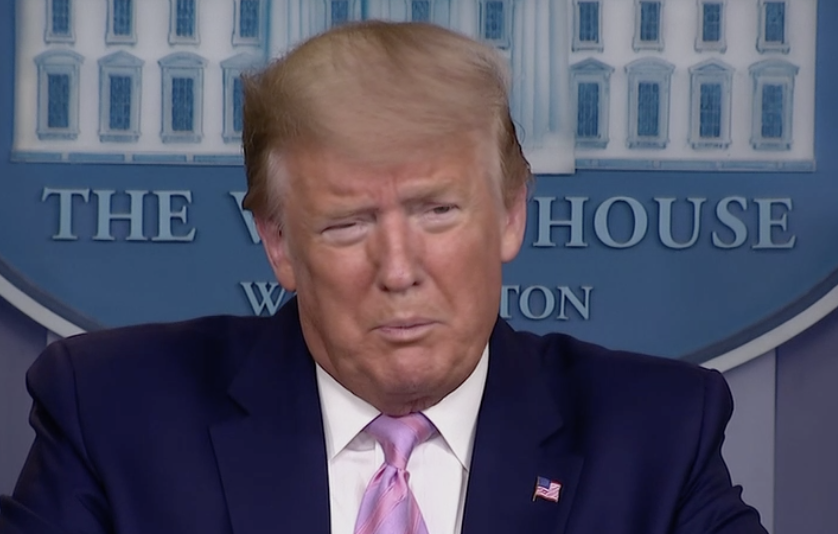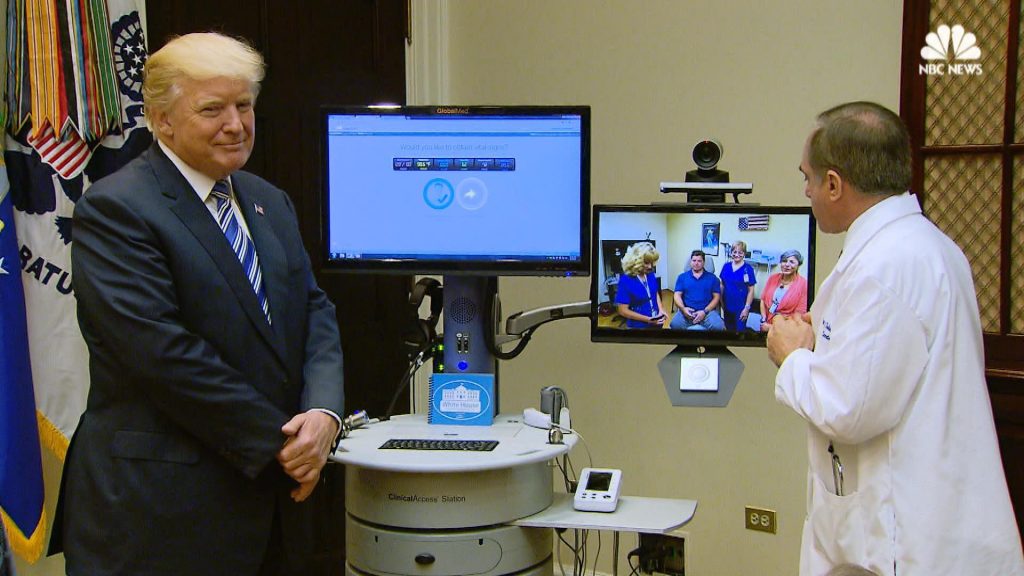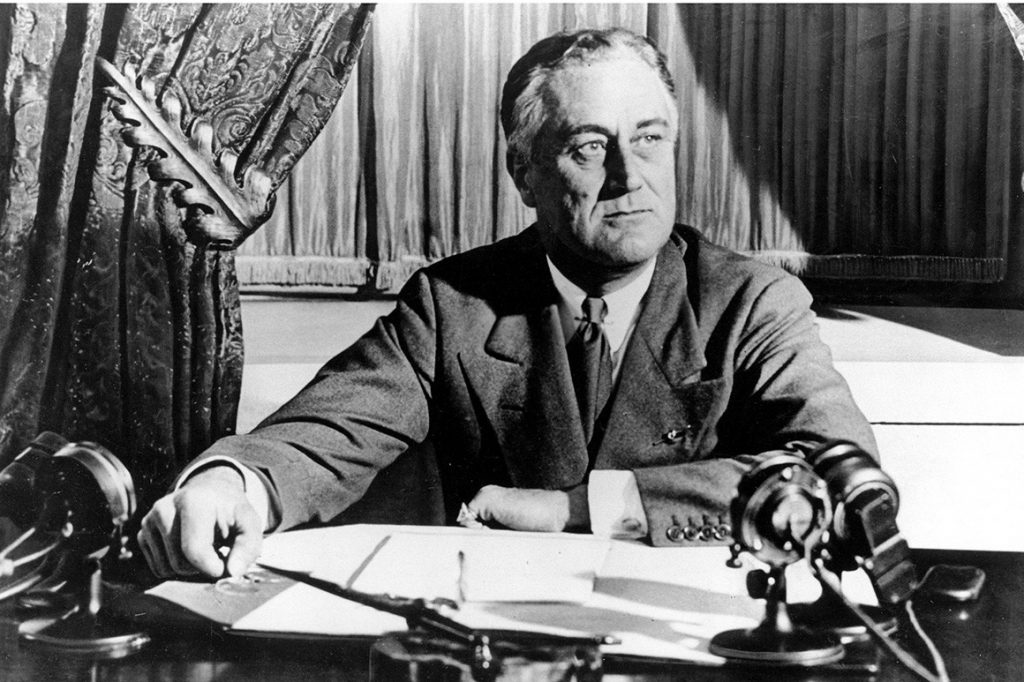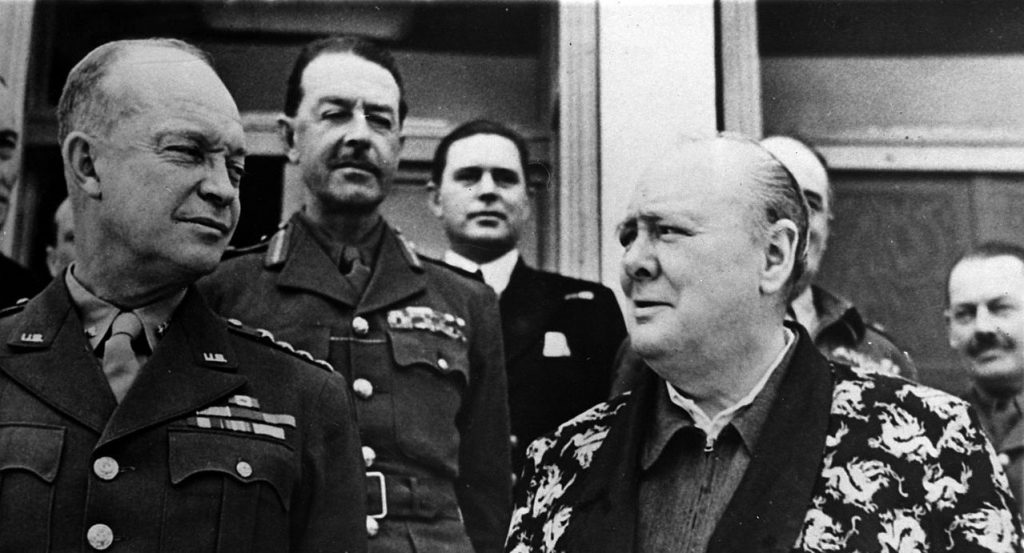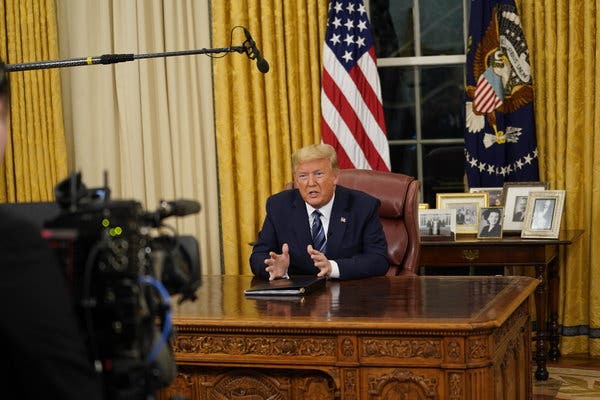“The Republican states are in strong shape,” Donald Trump said last month. “I don’t know — is that luck or is that talent?”
The president made that comment when he was asked if state governments need a financial transfusion in order to staunch the flow of budgetary red ink in the wake of the double whammy of a pandemic and a massive economic decline. Republicans in Washington seem dead set against help for the states, apparently in part because Trump and his congressional boot polishers – read Mitch McConnell – don’t want to help Democratic states. McConnell has also suddenly discovered that the nation’s debt has exploded while a Republican has been in the White House.
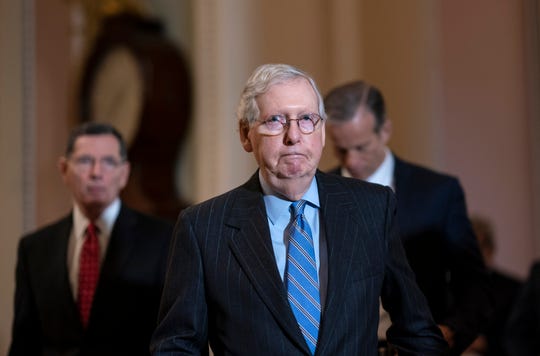
Senate Majority Leader Mitch McConnell
Here’s the reality. Every state – every state – is going to be staggered to its knees by the double whammy. While Idaho Governor Brad Little has received generally good marks for competently relying on sound public health advice to manage the COVID-19 impact, the governor will find that his is merely transitioning from one hourly crisis to another.
“Right now, state governments are facing several types of fiscal challenges,” Boise State University political scientist Jaclyn Kettler told me this week. She studies state governments and how they manage budgets. Budget cuts, as Idaho has already announced, including at minimum a 5% reduction in education funding, are a given, but Kettler says the vast uncertainty about how deep the economic downturn will be complicates the state’s response.
“This is a challenging time when many citizens need more services or support from their state and local governments,” Kettler said, “which will make decision-making potentially quite difficult for state leaders on what to cut.” But knowing Idaho’s legislature, cutting will the first and last option. Expect 5% reductions to be more like 15% by Labor Day.
Idaho’s revenue pipeline has already been plugged. April revenue declined by $470 million, a 60% reduction in what state economists had predicted before the virus came calling. Some of that downturn may be attributed to delayed tax payments since the income tax filing deadline has been pushed back, but it’s a safe bet that revenue will be significantly off – perhaps wildly off – for months if not longer.
The happy talk emanating from the White House about the economic recovery being V-shaped – a steep downturn followed by a sharp rebound – is delusional.
“The second quarter hole is so deep that it’s going to take several quarters to get back,” Robert Dye, the chief economist at Comerica Bank, told CNBC, “and that’s going to have an impact on state and local government budgets because that has a direct correlation to tax receipts. The economy is not going to get back to that level for two years or three years, and tax receipts are going to be weak for quite some time.”
The fiscal orthodoxy that has long governed Idaho’s approach to state spending, namely that tax cuts are always the answer to every problem and reducing spending, even if it means that teachers and state employees get laid off, is going to collide with a grim truth. If Idaho’s response to the worst economy since the Great Depression is to cut and then cut some more the state’s eventual economic recovery will take longer and be even more painful.
“Large state budget shortfalls could prolong a recession by prompting a cascade of layoffs that ripple across the economy, Emily Cochrane noted recently in the New York Times. She was quoting economists who have said that in April alone, “state and local governments laid off one million people, a number that could continue to climb without additional assistance.”
Idaho’s higher education system continues to be a key to a strong, more sustainable state economy, but higher education is certain to again be on the legislative chopping block. College and university presidents are trying out furloughs and other cost reduction strategies, but as Kevin Richert of Idaho Education News noted recently the cuts currently anticipated may need to be “much deeper if enrollment plunges in the fall.”
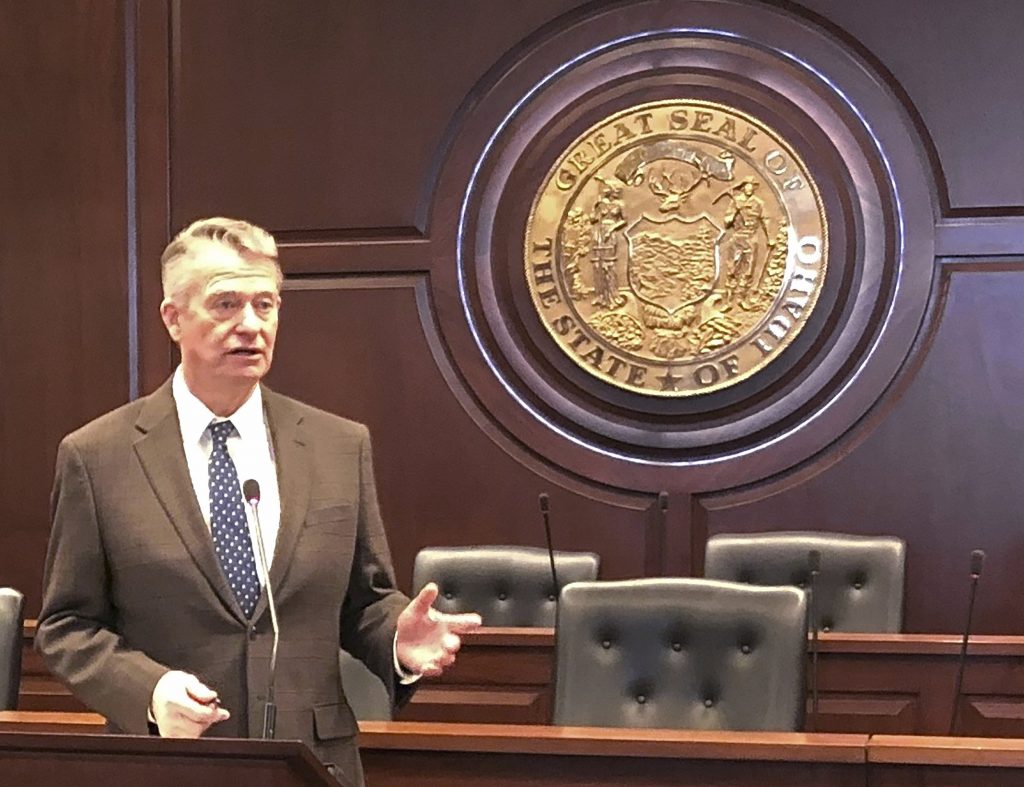
Idaho’s Republican Governor Brad Little in transition from a public health crisis to a budget crisis
So far, Idaho’s Trumpish congressional delegation has been silent about any federal help for Brad Little’s next wave of crisis, a particularly stunning silence when you consider that every one of the state’s federal officials once served in a legislature that must by law balance the budget. These Republicans seem content to follow McConnell’s advice that Republicans “tap the breaks” on additional aid, even as the Senate majority leader’s notion of letting states go bankrupt crashed like a lead Zeppelin.
McConnell has tried to score political debating points by saying he has no interest in bailing out public pension plans in blue states, but with his home of state of Kentucky facing huge budget shortfalls much like Idaho’s you have to wonder how long this GOP’s fiscal nihilism will remain politically viable. And in Idaho the issue isn’t propping up the state pension fund but simply preventing state government from taking the state economy farther into the ditch.
So far Little, with minimal help from fellow Republicans and second guessed by lots of stupidity from his own lieutenant governor, has navigated the public health crisis with a sure hand. He’ll need a more united and more creative party to manage the next crisis, a party willing to think big and beyond the orthodox.
“The scope and speed of this downturn are without modern precedent, significantly worse than any recession since World War II,” Federal Reserve chairman Jerome Powell said this week, as he bluntly called for more, not less government intervention to prop up the economy.
For Powell, who has spent most of his career as a deficit hawk, the warnings are chilling. In the worst case, and case that appears all too likely, the country – and Idaho – faces what the Fed chairman called “an extended period of low productivity growth and stagnant incomes … Additional fiscal support could be costly but worth it if it helps avoid long-term economic damage and leaves us with a stronger recovery.”
The soulful 19th century Stephen Foster tune – a ballad for our times just as it was prior to the Civil War – holds out hope that “hard times come again no more,” but the worst hard time is hardly behind us. In fact, it may just be beginning.
—–0—–
Additional Reading:
- China’s Growing Ability to Challenge: Washington Post columnist David Ignatius reviews a new book Christian Brose, a former staffer to the Senate Armed Services Committee and a once top aide to the late Senator John McCain, who writes that China is now able to match – and even exceed – U.S. military capability. “The Pentagon wants to confront the Chinese challenge,” Ignatius writes, “but it insists on keeping the same vulnerable, wildly expensive platforms at the center of the United States’ military power. And Congress demands adherence to this status quo. When then-Defense Secretary Jim Mattis and then-Navy Secretary Richard Spencer tried to retire an aircraft carrier in 2019, Congress refused. Expensive fighter jets have a lobby, too. As Brose notes: ‘There is a reason why parts of the F-35 are built in every state in America. . . . It is political expediency.’”
- Putin’s Goal: Now, to scare you completely – this from Franklin Foer in The Atlantic. “The Russians have learned much about American weaknesses, and how to exploit them… Even as to disinformation, the best-known and perhaps most overrated of their tactics, they have innovated, finding new ways to manipulate Americans and to poison the nation’s politics. Russia’s interference in 2016 might be remembered as the experimental prelude that foreshadowed the attack of 2020.” Oh, great…
- Obamagate: Richard Wolff in The Guardian dissects what Donald Trump is doing by manufacturing a storyline about “Obamagate,” his latest conspiracy theory. “Trump has many good reasons to sail away to the land of smears. They’re called the polls, and they are – for the sociopath sitting in the White House – even worse reading than the pandemic death tolls or the latest unemployment claims. Trump is losing to Joe Biden by three points in Florida in the most recent Fox News poll, where he was supposed to have a lock on his re-election from his Mar-a-Lago mothership.”
- Thanks for reading…be well.






